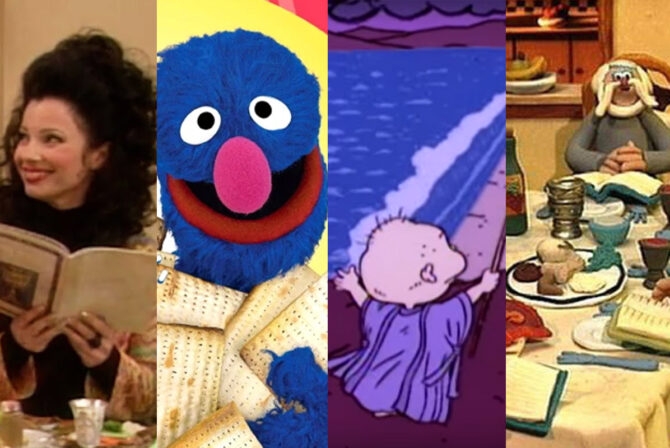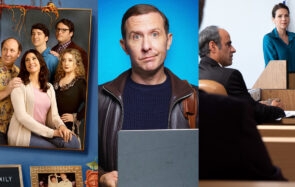On October 21 of 2012, I made a choice to make my blog public. For a few months prior I had been writing about my experience living with suicidal depression, being hospitalized, and getting Electro-Convulsive Therapy (ECT), but I had kept the readership to a few close people in my life. And then on that day I decided I was ready to take a risk and share. Why did I choose October 21?
Because it was Carrie Fisher’s birthday.
Carrie’s writing about her own mental illness had comforted me, normalized my struggles, and in true Princess Leia fashion, given me hope. Carrie was a mental health advocate before being a mental health advocate was a thing. So I chose to go public in hopes of others feeing less alone, because that’s what Carrie had done for me.
Carrie also provided an example that every person living with mental illness wants the world to see: someone who is mentally ill, yet still funny, talented, beloved, respected, and valued in this world. Because Carrie showed she was all those things, I was able to give myself permission to believe I could be all those things, too. And I am.
And besides giving me all that, Carrie Fisher gave me the best gift: a way to talk to my 10-year old-son about what I going through.
I’m 39 years old, so I wasn’t born the same year Carrie was, but I did enter this world the same time Princess Leia entered our lives, the summer of 1977. But even so, I was never a Star Wars fan. When I thought of Carrie Fisher, I didn’t think of Princess Leia, I thought of “When Harry Met Sally” and her perfect delivery when she said to Bruno Kirby, “I want you to know that I will never want that wagon wheel coffee table.”
But even though I was never much of a “Star Wars” fan, I became one, or rather I became a fan of a Star Wars fan when I gave birth to one. My son, like many boys and girls, loves the Star Wars universe. The movies, “Star Wars Rebels,” “Clone Wars,” “Star Wars Legos,” “Star Wars Battle Front,” and every single one of the 600 million “Star Wars” products Target sells in what I can only assume is a test they are trying to put me through to see if I will give in and buy something every time I go in the store. (I’m afraid I might only be winning about 50% of the time.)
My son was getting way into “Star Wars” around the same time I was reading “Wishful Drinking” and “Shockaholic,” Fisher’s memoirs about her mental health and about finding relief in ECT.
My son would talk to me about “Star Wars” and his love for R2D2, and I would tell him I loved Princess Leia (though really it was Carrie I loved). Together we went to Legoland and he picked out a Leia keychain for me. That keychain would come to my ECT appointments and photobomb my happy moments, too. Shortly after I finished my first round of ECT I lost the Leia keychain, and I took it as I sign I was better and didn’t need her anymore.
When my mental illness was no longer in remission and I went through ECT again, my friend Anne bought me a new Lego Leia. That Leia would accompany me to over 30 more ECT appointments, three hospital stays (where she was confiscated for my safety), one treatment center, and another round of good time photobombs.
When I finally ended ECT, I passed Leia on to my friend Dale, a huge Star Wars/Leia/Carrie Fisher fan who has taught my son the ways of the force and was in the midst of his own battle with cancer, knowing when he was doing better and saw someone who needed Leia, he would then pass her on to them.
Though my son has always known some info about my mental illness, I just recently talked to him about ECT. It came up because ECT took a lot of memories from me and my son has noticed, and so I told him about getting shock therapy. The idea of shocking your brain is scary to an adult, so to tell a 10-year-old about it, as something his mom went through, well, I don’t know that I could have done it without letting him know Carrie Fisher/Princess Leia had been through it and how much it helped her.
Since ending ECT I have still struggled with this disease and I always will. When I am healthy it’s a healthy struggle, and when I am unhealthy, it is an unhealthy one. And it is my job to recognize which kind of struggle I’m having and to make sure I’m getting the help I need.
Or as Carrie Fisher once said, “I am mentally ill. I can say that. I am not ashamed of that. I survived that, I’m still surviving it, but bring it on.”
Many celebrities have talked about having depression, getting help, and now being all better. I applaud every one of them, but Carrie Fisher is one of the few who talked about co-existing with the disease, about mental illness not having to go away for you to live a full, creative life. For someone like me who believed either the disease or I had to go away, her words are life saving and I am so grateful for each and every one of them.
So thank you, Carrie, for the impact you’ve had on my life and the lives of countless others.

This post is part of the Here.Now series, which seeks to destigmatize mental health,
and is made possible by UJA-Federation of New York and The Jewish Board.
You can find other educational mental health resources here.
Read More:
Billie Lourd Opens Up About Mom Carrie Fisher & Grandmother Debbie Reynolds
I Took a Vacation By Myself And It Wasn’t What I Expected
4 Things You Should Do When Your Friend Loses a Spouse








